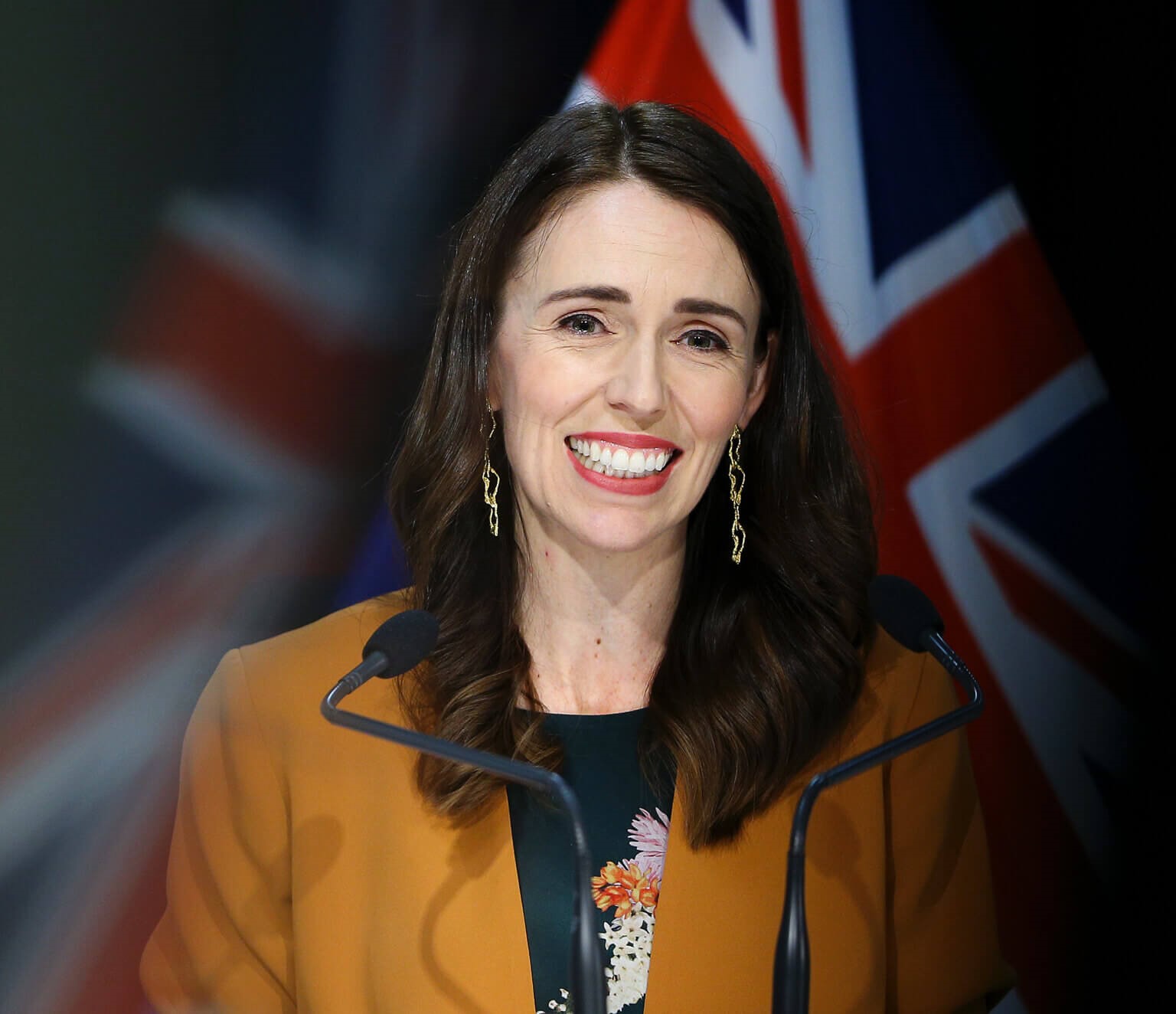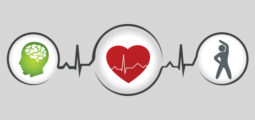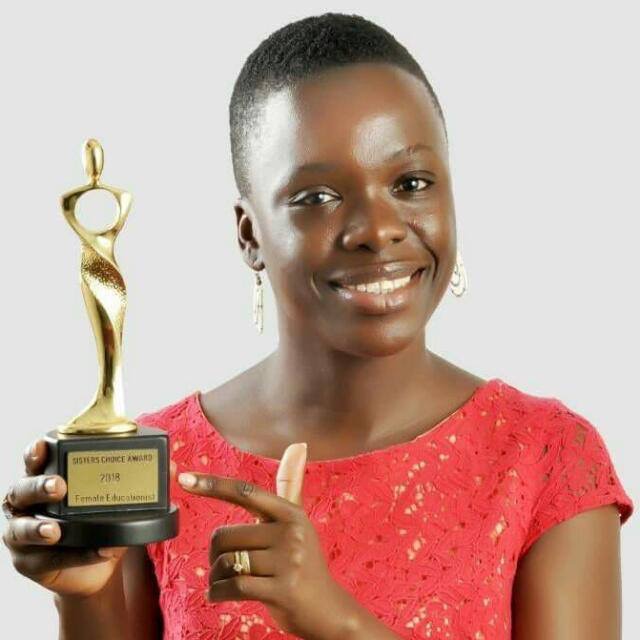MEET ARIANA
7 REASONS WHY WE THINK JACINDA ARDERN DESERVES TO BE THE WORLD’S GREATEST LEADER
May 21, 2021
A few days ago New Zealand’s Prime Minister Jacinda Ardern took out the top spot on Fortune Magazine’s annual list of the world’s greatest leaders.
Born in Hamilton, Ardern grew up in Morrinsville and Murupara, where she attended a state school. After graduating from the University of Waikato in 2001, Ardern began her career working as a researcher in the office of Prime Minister Helen Clark. She later worked in London, within the Cabinet Office and was elected president of the International Union of Socialist Youth. Jacinda was first elected as an MP (Member of Parliament) in the 2008 general election when Labour lost power after nine years.
She has been a Member of Parliament for Mount Albert since March 2017 and became the world’s youngest female head of government at age 37. Later she became the world’s second elected head of government to give birth while in office after Benazir Bhutto when her daughter was born on 21st June 2018. She describes herself as a social democrat and a progressive. Here’s why we think she is so deserving of the honour:
Navigating the Covid-19 Pandemic
Thanks to her strong leadership during the pandemic, a recent poll found that Ardern is the country’s most popular leader in 100 years. Almost 92 percent of respondents say they support the measures she has implemented.
During a press conference on 11th May, she thanked her “team of five million” for their efforts and the sacrifices they had made to protect the country’s most vulnerable during the outbreak. “Kiwis from all walks of life were resolute and determined – determined that this was a war we could eventually win, but only if we acted together” she said of the low infection rate at the time. On 14th May, New Zealand schools reopened, restaurants and shops resumed trading and workers returned to their offices.
Responding to the Christ Church Shootings
On 15th March 2019. New Zealand witnessed a terrorist attack for the first time in its modern history, on the Muslim community, in which 51 people lost their lives. Ardern held a press conference to deliver a message that would bring her country’s citizens together, uniting them against hatred. “They are us,” she said of the victims. “New Zealand has been chosen because it was safe, it has no place for hatred or racism. The country represents diversity, kindness, compassion, a home for those who share their values. Refuge for those who need it.” Then, addressing the shooter, she said: “You may have chosen us – we utterly reject and condemn you.” Her next move? She immediately implemented tighter gun laws across the nation.
Motherhood and Multi-tasking
Ardern and her partner, Clarke Gayford (a celebrity TV fisherman), welcomed their first child, Neve Te Aroha Ardern Gayford, in 2018. In doing so, she became the first head of government to give birth in office since Benazir Bhutto (the former prime minister of Pakistan). She also became the world’s first leader to go on maternity leave while in office, returning to work six weeks later. Note: only five percent of the world’s leaders are women.
Before becoming a mother, Ardern once shut down a TV host who asked her whether a woman still has to choose between having a family or pursuing a successful career. She replied: “[That is] unacceptable in 2017 to say that women should have to answer that question in the workplace.” Furthermore, her government passed a bill to extend paid parental leave policies from 18 to 22 weeks in New Zealand.
Ardern formally introduced Neve to the world by taking her to a United Nations conference on 28th September 2018. This sent out a powerful message about women in leadership roles. “I am not the first woman to multi-task,” she said during an interview on Radio New Zealand. “I am not the first woman to work and have a baby – there are many women who have done this before.”
Her passion for climate change
Ardern, raised by her police officer father and school – cafeteria, worker mother in Hamilton, New Zealand, has been vocal about her desire to help save the planet. “We’re small, and our contribution to the global emissions profile is even smaller, but we are surrounded by island nations who will feel the brunt of climate change acutely,” she has said of New Zealand’s role in the global battle against climate crisis. “I see ourselves as having a responsibility to demonstrate that we can, and we will lead the charge.”
In 2018, she set out her plan to ban single-use plastic bags throughout the country, with retailers facing fines of $65,000 (£33,000) if they failed to do so. Why? Because she had received so many letters from school children about the issue, she knew she needed to act.
She’s improving women’s right
For Ardern, achieving gender equality is at the top of her agenda. “All the things left to achieve gender equality are at the top of my list,” she said in 2018. She’s accustomed to breaking glass ceilings, as only the third female prime minister of New Zealand, the second youngest, and the youngest female prime minister.
Since becoming a leader in 2017, she has consistently been praised for her warm approach, a million miles from the aggressive and ruthless personality traits linked with leaders for centuries. “Kindness, and not being afraid to be kind, or to focus on, or be driven by empathy,” she has said of what is at the heart of her leadership style. “I think one of the sad things that I’ve seen in political leadership is – because we’ve placed over time so much emphasis on notions of assertiveness and strength – that we probably have assumed that it means you can’t have those other qualities of kindness and empathy. And yet, when you think about all the big challenges that we face in the world, that’s probably the quality we need the most.”
Ardern recently announced that sanitary products would be free for young women in schools across the country from 2021, in a bid to help eradicate period poverty.
She listens to and learns from children
Ardern joined her country’s Labour party aged 17. Her reason for doing so? She wanted to help reduce child poverty. Her youthful activism is why she constantly listens to children. At the Social Good Summit in 2018, she described speaking to children to find out what they felt needed changing. “Their response was stark for me,” she said. “They didn’t list all of the technological devices that they want; they didn’t say skate parks. They raised things like poverty, wanting to spend more time with their parents and their family. They looked beyond themselves: that’s what we should do as Leaders, and as a government, too.”
Before becoming a world leader, Ardern worked for an international youth organisation, visiting refugees and displaced children. “If you ask me why I’m in politics, my answer will be simple: children,” said Ardern during a United Nations General Assembly in 2018. “Like all of you here, I feel a huge duty of care to the most vulnerable and genuinely believe that our success as leaders depends on no lesser standard than the wellbeing of children.”
In the same year, she announced the goal of reducing child poverty in New Zealand in half over the next ten years and set out targets for it. She declared her plan to “make New Zealand the best place in the world to be a child”.
Heart Led Leadership: Her response to the country’s volcano eruption
Before the Covid-19 outbreak, Ardern had to deal with a volcano eruption in New Zealand. The natural disaster killed 16 people on White Island in December last year. The investigation is ongoing, but Ardern’s response was, as per guided by empathy. Paying tribute to those who died, she said: “Many people did extraordinary things to save lives, those who have fallen are now forever linked to New Zealand and we will hold them close.”






